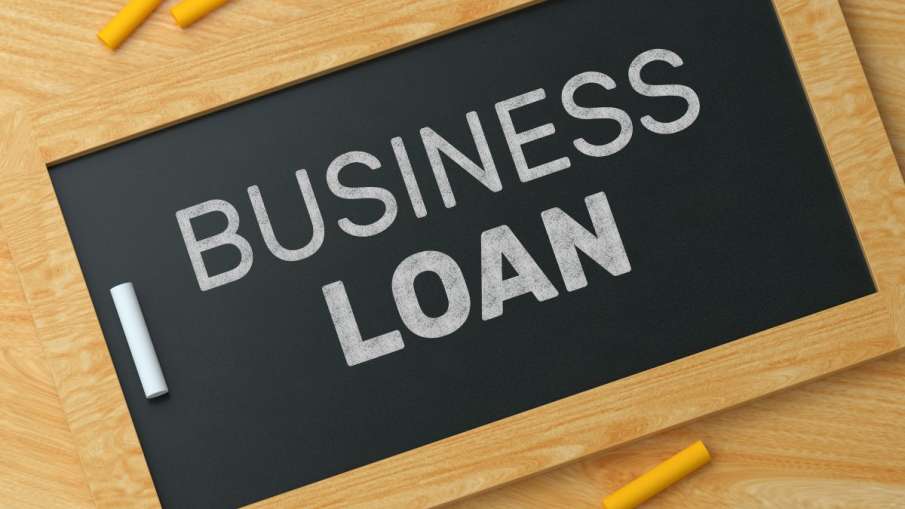As a small business owner, securing the right type of financing is crucial for growth and stability. With so many options available, it can be overwhelming to determine which loan best suits your needs. Whether you’re looking for working capital, equipment financing, or a short-term boost, there are several business loan options to consider. In 2025, the landscape of small-business loans is diverse, with each loan type offering specific benefits for different circumstances. One popular option gaining traction in some areas is the Merchant Cash Advance in New York, which can be a quick solution for businesses in need of fast cash.
In this article, we’ll explore the nine types of business loans available to small business owners in 2025, including their pros and cons. This will help you understand which one may be right for your business.
1. Business Line of Credit
A business line of credit offers flexible access to funds whenever you need them. It’s essentially a revolving credit account that you can draw from as needed. You only pay interest on the money you use, and once you pay it back, the credit becomes available again. This type of loan is ideal for businesses with unpredictable cash flow or ongoing needs for working capital.
Pros: Flexibility to borrow and repay as needed, only pay interest on the amount used.
Cons: High interest rates, and qualification can be difficult for newer businesses.
2. Term Loans
Term loans are one of the most straightforward forms of business financing. A lender provides a lump sum of money upfront, and you agree to repay it in regular installments over a fixed period. These loans are often used for larger, long-term investments like expanding a business or purchasing equipment.
Pros: Fixed interest rates, predictable repayment schedule.
Cons: Strict qualification requirements, typically requires collateral.
3. Equipment Loans
An equipment loan is a specific type of term loan used to finance the purchase of new or used equipment. The equipment itself often serves as collateral for the loan, which can make qualifying easier than for general-purpose loans.
Pros: Allows businesses to acquire necessary equipment without significant upfront costs, flexible terms.
Cons: The equipment is at risk if you default on the loan.
4. Invoice Factoring
Invoice factoring allows businesses to sell their outstanding invoices to a factoring company in exchange for immediate cash. This is an ideal option for businesses with slow-paying clients or inconsistent cash flow. The factoring company takes on the responsibility of collecting payments from your clients.
Pros: Fast access to cash, no need for collateral.
Cons: Fees can be high, and the factoring company takes a portion of the invoice value.
5. Merchant Cash Advance in New York
A Merchant Cash Advance in New York is a short-term financing option where a business receives a lump sum of cash in exchange for a portion of future credit card sales. This type of loan is often used by businesses with steady credit card transactions, such as retail stores or restaurants. It’s ideal for businesses that need quick access to capital.
Pros: Quick and easy access to funds, flexible repayment based on sales.
Cons: High interest rates and fees, can lead to a cycle of debt if not managed carefully.

6. SBA Loans
The U.S. Small Business Administration (SBA) offers a variety of loan programs designed to help small businesses access funding. SBA loans typically offer lower interest rates and longer repayment terms compared to other loan types, making them a great choice for long-term growth.
Pros: Low interest rates, longer repayment periods, government backing.
Cons: Lengthy application process, strict eligibility requirements.
7. Short-Term Loans
Short-term loans provide a quick injection of cash for businesses that need immediate capital. These loans typically have shorter repayment terms, ranging from a few months to a couple of years. They are often used for urgent needs such as inventory purchases or covering payroll.
Pros: Fast access to funds, short repayment period.
Cons: High interest rates, shorter loan term can be harder to manage for some businesses.
8. Personal Loans for Business
A personal loan for business allows business owners to borrow funds based on their personal credit rather than the business’s credit. This can be an option for entrepreneurs who are just starting out or who don’t have a robust business credit history.
Pros: Easier to qualify for than business loans, no need for collateral.
Cons: High interest rates, personal liability for the loan.
9. Crowdfunding
Crowdfunding is a relatively new form of financing where businesses raise money from a large number of small investors, typically via an online platform. This option is particularly popular with startups and businesses that have an innovative product or idea but struggle to secure traditional financing.
Pros: Access to a wide pool of investors, no interest rates or repayment terms.
Cons: Can be time-consuming, requires a compelling pitch to attract investors.
Conclusion
Choosing the right type of business loan for your needs in 2025 will depend on various factors such as your business’s financial health, the amount of money you need, and how quickly you require it. For businesses in New York looking for fast cash, a Merchant Cash Advance in New York may be an ideal solution, but it’s important to weigh the high fees and short repayment terms. As with any financial decision, carefully consider the pros and cons of each loan type and consult with a financial advisor to ensure you make the best choice for your business.



